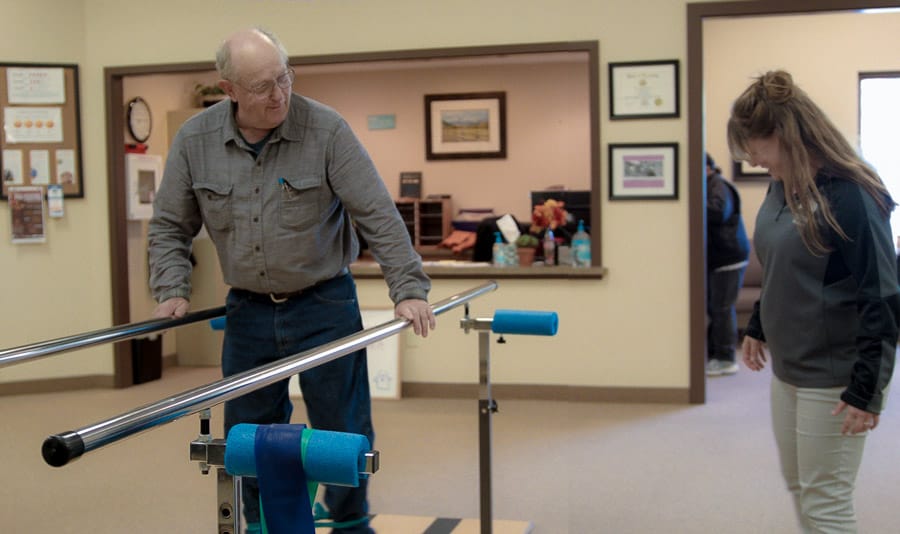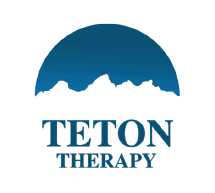Winter weather can create hazardous conditions, making slips, trips, and falls more common for all of us. Take time to address winter hazards and avoid injuries!
Although falls are a constant concern regardless of winter, individuals need to be especially careful in avoiding falls during the winter time. Cold temperatures can create normal environments to become unsafe. Given the dangerous nature of falls in older adults, it is important for individuals to keep steps and walkways clear of snow, ice, and any other potential hazards for falling. Be extremely cautious when using canes, walkers, or crutches on snow and ice.
Nationwide, there were 20,520 workplace injuries due to falls from ice, sleet, and snow that resulted in a day or more away from work in 2016 and 28 percent of those resulted in more than a month off work, according to the U.S. Bureau of Labor Statistics.
Minimize Chances for Slips & Falls
Balance. Slipping on ice can be very dangerous and leaves people vulnerable to injury. Our ability to balance depends on three main components: sensations from joints and muscles, the inner ear, and vision. As we age, our reflexes slow down slightly. This makes it difficult to adapt to uneven or slippery terrains such as grass, snow, cracked pavement, gravel, and stairs. In addition, poor posture, weakness in the hips and poor eyesight can all contribute to poor balance.

John Reddon PT, DPT (right) helps Riverton patient, Terri H. (left), with her exercises.
Vertigo
If you become dizzy or have the sensation of being off balance, there’s a chance you could be experiencing vertigo. Vertigo is a spinning sensation that typically occurs because of problems between the visual tracking and balance systems in the inner ear. Some of the most common causes of vertigo include benign paroxysmal positional vertigo (BPPV) and Meniere’s disease.

BPPV. BPPV is a common syndrome caused in most cases by displaced otoconia in the semicircular canals of the inner ear, making them gravity sensitive. The causes of BPPC range from rolling over in bed, getting in and out of bed, bending over, tipping your head back, and quick head movements. Physical therapy can help with BPPV! Treatments are designed to free the affected canals of otoconial debris by displacing them into the utricle.
Physical therapy plays a BIG role in helping dizziness and vertigo by performing several key treatments. At Teton Therapy, our staff can help you feel more in control and in some cases can achieve instant results with specialized procedures. In other cases, balance and coordination training can decrease the symptoms and allow you to move without dizziness or vertigo.

Shea Boyle, PTA, works with a patient at Teton Therapy in Lander.
The Benefits of Staying Active
Exercise is important for both physical and mental well-being. Doing some type of physical activity helps maintain healthy lungs, bones, muscles, and functions that otherwise tend to decline with age. Doing activities such as brief outdoor walks, dancing to music, or group exercise classes all promote your health. Moving around is crucial for people of all ages! Being on a healthy routine can improve your mood, increase your energy, and make you feel all around better during the cold winter months.
Avoid winter-related slip and falls
Walk slowly with caution
Use sidewalks and handrails
Wear appropriate footwear with traction
Report any poor lighting, potholes, or parking lot damages
Don’t put your hands in your pockets (you may need your arms to stabilize yourself)
Still have questions about how physical therapy can help you in recovering from a fall? Call our office today and schedule your free consultation. We want to help you and your loved ones!

